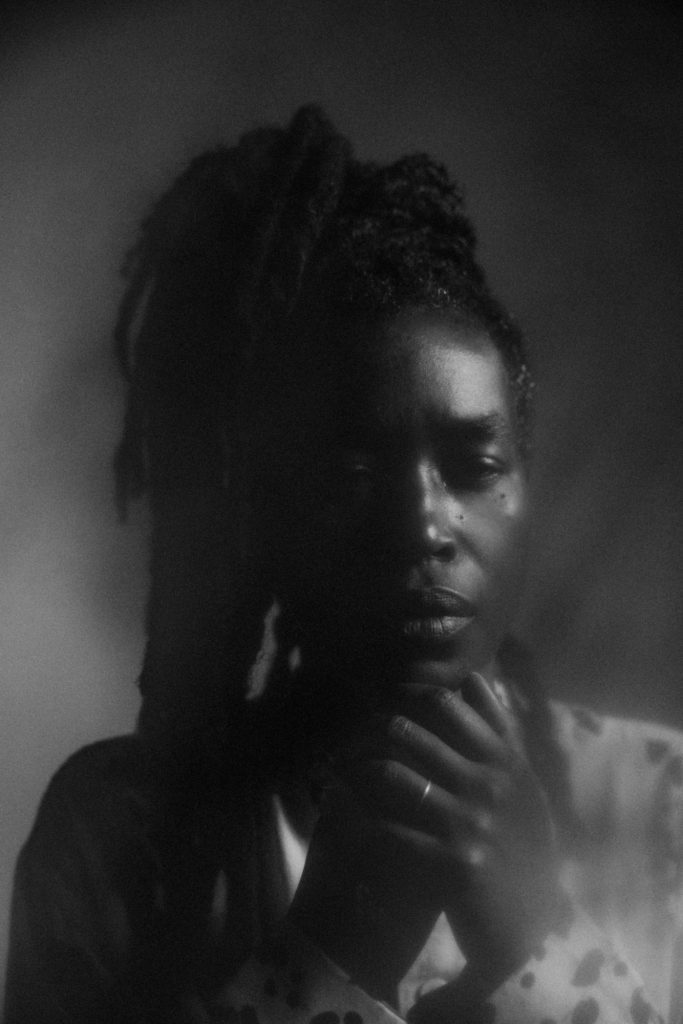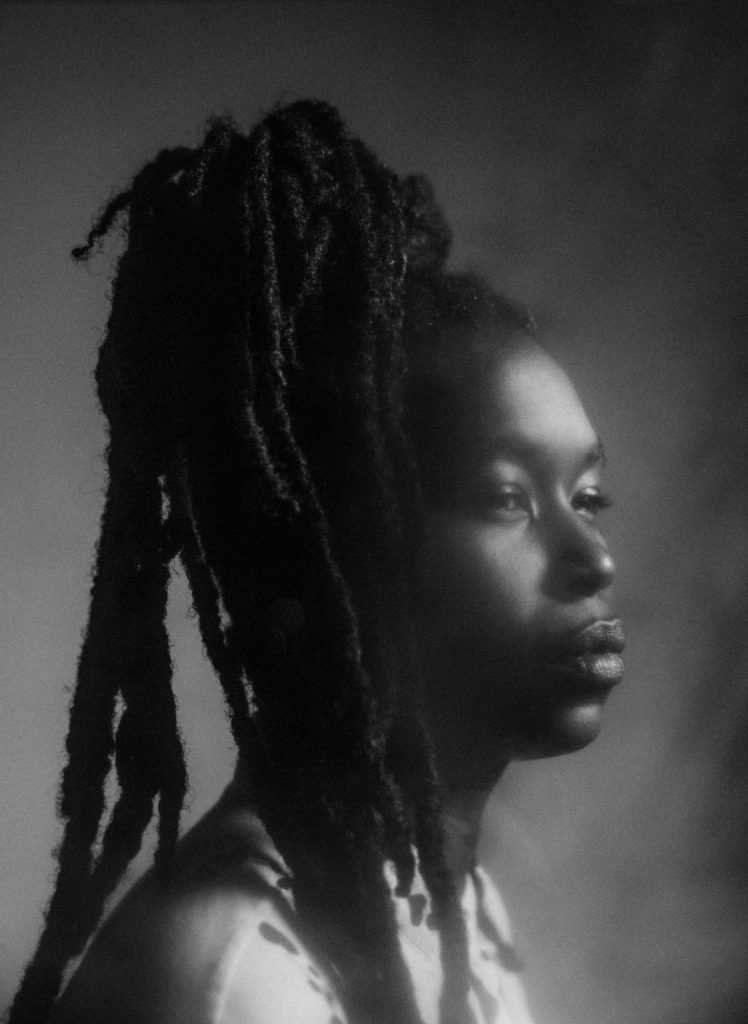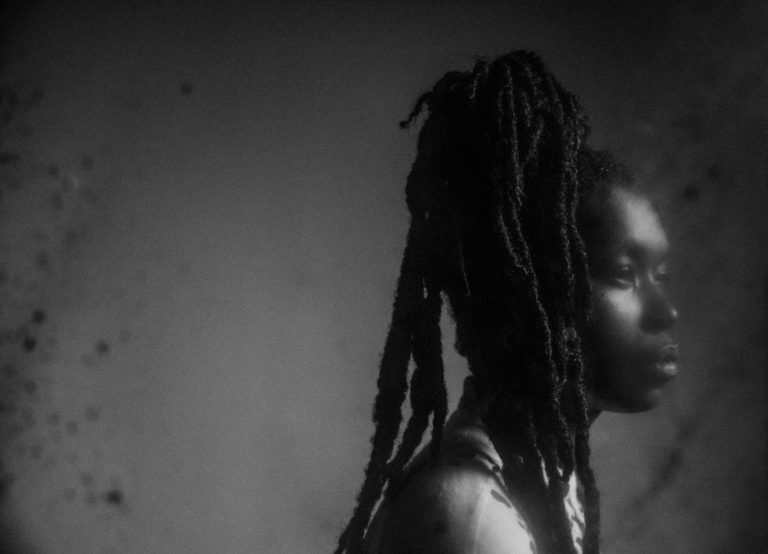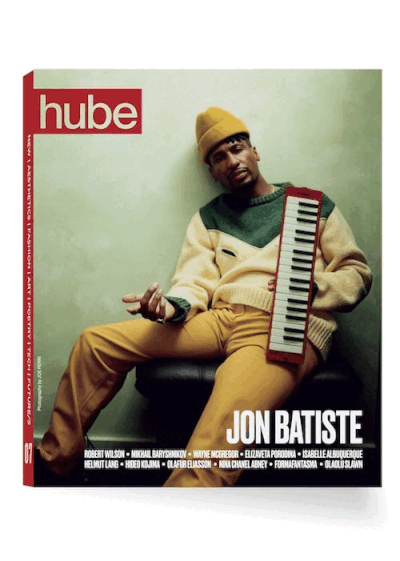

Moor Mother, born Camae Ayewa, is an American poet, musician, and activist whose artistry transcends conventional boundaries. Her belief in poetry as a bridge between the real and the abstract imbues her work with a profound sense of purpose. Camae perceives poetry as the voice, shadows, and light of the people, a medium that cultivates a heightened sensitivity to the nuances of the world.
Residing in Philadelphia, Pennsylvania, Moor Mother is a pivotal force in several groundbreaking collectives. She is one half of Black Quantum Futurism alongside Rasheedah Phillips, a project that envisions alternative futures through an Afrofuturist lens. Additionally, she co-leads the avant-garde jazz ensemble Irreversible Entanglements and the experimental music duo 700 Bliss, continually pushing the boundaries of genre and form. Through her multifaceted endeavours, Moor Mother weaves a tapestry of artistic expression that resonates deeply with the human experience.
hube: Poetry, like music, exists between reality and abstract forms. Your dizzying experiments seem to blur these boundaries. Or do they not exist?
Moor Mother: Poetry bridges the real world and the abstract realm, blurring the lines between the two. Poetry is the voice of the people. It’s the shadows of the people. It’s also the light, and it’s about sensitivity. Developing this unparalleled sensitivity that you can tap into what’s going on. We learn to see things but there is a deeper aspect to seeing. In my work, I strive to cultivate this sensitivity, breaking down complex experiences into their simplest, most essential forms.
h: Everything has an aftermath, but not everything is a consequence. Especially when talking about the future. It seems you’re interested in the principle of nonlinearity. Is it true?
MM: In Black Quantum Futurism, we speak about non-linearity and examine different modes of time. For Black Quantum Futurism, boundaries between past, present and future are dissolvable through portal-making and ritual practice. Black Quantum Futurism explores the intersections of temporality, DIY technology and aesthetics, and activism in marginalised communities. Repurposing the language and imagery of science and science fiction, Black Quantum Futurism uncovers counter histories, Afrodiasporic mythologies and Black Quantum womanist futures that challenge exclusionary, mainstream versions of history and future.
h: Your work often intersects with activism and social commentary. How do you see music and poetry as a tool for addressing systemic issues and promoting social change?
MM: Poetry is indeed a powerful tool. However, not everyone can simply pick it up and dismantle complex structures. I believe poetry is the first step, but one must continue the journey to reach the destination. If poetry incorporates an element of ritual, something beyond the mind and the page, it can evoke profound change. The poems must possess a certain alchemy and sensitivity.
Poetry is a valuable activity that can bring healing, but when we consider it in the context of activism, it needs further development. Like a potion or a particular science, it requires experimentation and real-world practice. It involves negotiating with oneself to move the pillars of activism, to advocate for marginalized people. This process is not easy, but it is essential.

